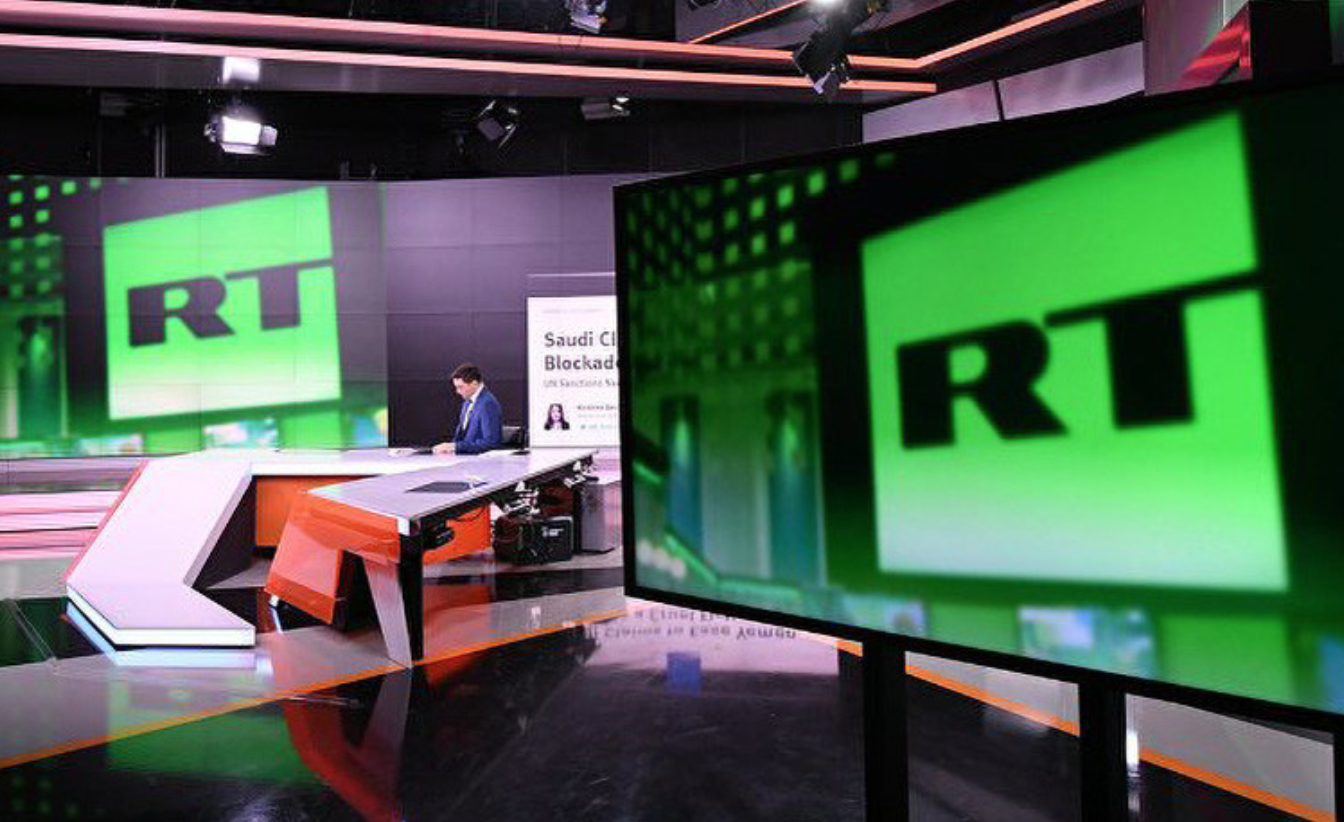Co-author Johanna Cilano
In the wake of the conflict between Russia and the West, unleashed by the invasion of Ukraine, the reach of the Russian media as a source of disinformation for the Latin American population has had new evidence and hit new milestones recently. The presence of these media and disinformation allows the Kremlin to question the democratic model in place in most of Latin America and defend the official position of the Russian government on several issues, including the invasion of Ukraine.
Latin America in the sights
Countries such as Mexico, Argentina and Colombia are part of Russia’s strategic media-political targets, according to an Ipsos study commissioned by Russia Today, also known as RT. It is significant that 50% of the traffic on RT en Español’s website was registered in the above-mentioned countries, according to DFR Lab’s findings. This behavior reflects the influence that Russian media have in a market in which they compete with CNN, Voice of America and BBC, among other international media.
It is also important to consider the impact they have on the different social-media platforms, including Twitter, Facebook, Instagram and Youtube, as well as on their Telegram and WhatsApp channels and their own websites.
In full swing
The penetration by media such as RT or Sputnik in the Latin American information space has resulted in a deployment of Russian sharp power, whose narrative echoes that of allied governments such as Cuba, Nicaragua, Venezuela. It also finds synergies with those voices and intellectual networks—such as those existing in CLACSO—that are conceived as the “multipolar alternative to the unipolarism of the West”, whose dynamics are actually oriented towards the consolidation of a new geopolitical hegemony opposed to liberal democracies.
Russia and several Latin American countries have experienced parallel processes of autocratization in the 21st century. Illiberal personalist regimes, such as those of Russia, Venezuela and Nicaragua, have tightened their dialogue, collaboration and mutual support. Their practices converge in the progressive elimination of democratic institutions and actors, including opposition parties, media and civil-society organizations. A paradigmatic case is the link between Russia and Venezuela. Venezuela is positioned as Russia’s gateway to the Latin American market and regional space, not only economically but also academically, culturally and in the media. Meanwhile, Russia offers a diplomatic counterweight as a global ally against the United States, against other democratic allies and against the questions and disapproval of the international community.
Venezuela, a gateway
Relationships between Russia and Venezuela have not only diversified, but deepened as shown in the analysis of the different dimensions where illiberal synergies—ideological, geopolitical, security, media, and other—operate.
To explain how Russian influence is projected in Latin America, it is possible to identify the Kremlin’s synergies with autocratic allies in the region with respect to their positions, both diplomatic and media, on democracy, human rights and international relations. In a recent analysis of article coverage and editorials of several Russian and Venezuelan media, elements such as sovereignty, loyalty and resistance stand out. They are interpreted from an illiberal sovereigntist prism that delegates to the State—and its top officials—the incarnation of the nation, above any other consideration.
Russian disinformation media are propaganda dissemination machines that promote the Kremlin’s agenda and seek to fuel distrust in institutions within democratic societies. For these media, ratings or the mere penetration to the public are not the most important factors. It is, however, the possibility that their narratives become a reference and their contents can be transferred to other more reliable platforms. All this represents an additional battle field that requires more attention, because it is effective in its purpose of generating distrust in democracy. This represents a real challenge for democratic forces in the region, precisely when liberal democracy is going through its worst moment.
Unopposed advance
Russia’s advancement in its strategic communication in Latin America has met with relatively little opposition. One of the key factors behind its success is the lack of public understanding of the nature of Moscow’s interest in the regional information space. Many Latin Americans perceive the presence of media, such as RT or Sputnik, as a simple expression of information pluralism.
In the Latin American context there is little public debate about the role of the Russian media, although perhaps the war in Ukraine will change this situation somewhat. Russia will try to sustain its strategic communication in our neighborhood as an effective tool of its foreign policy—due to its high and immediate impact at a relatively low cost—finding harmony with recipients such as the illiberal publics and discourses of Latin American societies, elites and intellectual fields.
*Text originally published in Diálogo Político
Translated from Spanish by RIcardo Aceves











